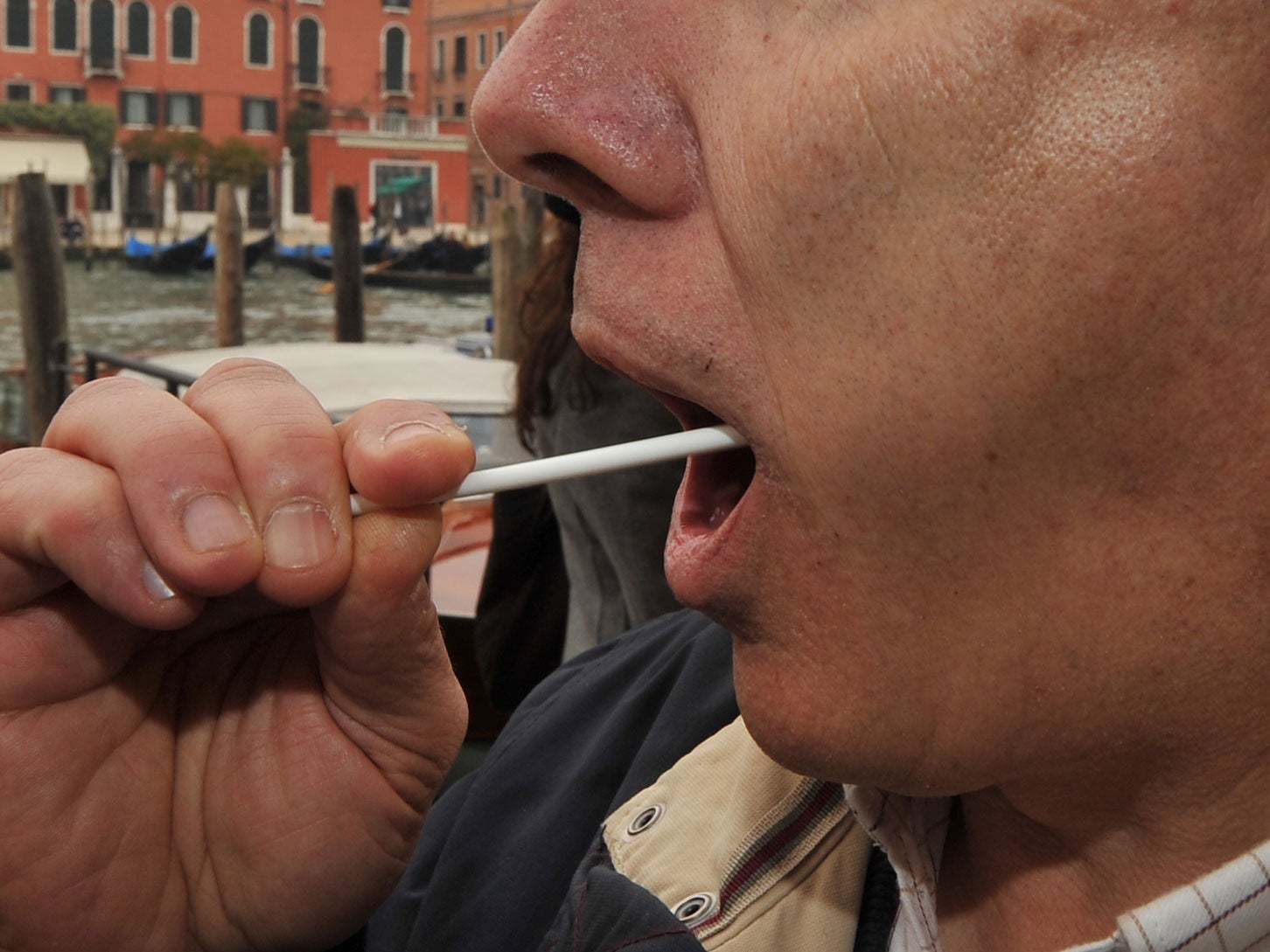Homosexuality could be detected by looking at genetic changes in newborn baby, claims controversial study
Potential abuse of the test has caused the study’s lead researcher to distance himself entirely from the project

Your support helps us to tell the story
From reproductive rights to climate change to Big Tech, The Independent is on the ground when the story is developing. Whether it's investigating the financials of Elon Musk's pro-Trump PAC or producing our latest documentary, 'The A Word', which shines a light on the American women fighting for reproductive rights, we know how important it is to parse out the facts from the messaging.
At such a critical moment in US history, we need reporters on the ground. Your donation allows us to keep sending journalists to speak to both sides of the story.
The Independent is trusted by Americans across the entire political spectrum. And unlike many other quality news outlets, we choose not to lock Americans out of our reporting and analysis with paywalls. We believe quality journalism should be available to everyone, paid for by those who can afford it.
Your support makes all the difference.A controversial study has suggested that male homosexuality could in part be determined by enivronmental factors individuals are exposed to in childhood..
The test is the first of its kind to suggest it can detect sexual orientation through small modifications in a person’s DNA.
The study has sparked controversy, however, with many scientists casting caution over the results.
Potential abuse of the test has also caused the study’s lead researcher to distance himself entirely from the project.
The contentious results, which are yet to be published in a scientific journal, claim to crudely be able to predict homosexuality in men by analyzing “epigenetic” tags in their DNA, or chemicals that latch onto DNA and help switch genes on or off.
Professor Tuck Ngun, who led the study as a postdoctoral fellow at UCLA and is himself gay, wanted to find out if there are certain DNA tags that affect sexuality.
Researchers screened saliva samples collected from male twin pairs.
37 pairs had one gay twin and one straight twin and in another 10 pairs both twins were gay.
Dr Ngun looked at 400,000 “tags” and found five that were significantly different between gay and straight twins.
Based on those five “tags”, scientists said they were able to predict a straight man’s orientation with about 50 per cent accuracy and a gay man’s orientation with about 83 per cent accuracy, giving an overall accuracy of 67 per cent.
Dr Ngun told BuzzFeed News it is not understood why the model is more accurate for gay men.
However, other researchers have been skeptical about the study
“Studies that associate biomarkers with particular traits are notoriously prone to false positive results due to the tendency of these studies to find spurious associations that are down to sheer chance,” Professor Johnjoe McFadden, a molecular geneticist at the University of Surrey, told the New Scientist.
Dr Ngun agrees that this research is still undeveloped, adding he has no intention to make a commercial test to predict sexuality.
Rather he fears the potentially dangerous outcomes of his work, to the extent that he has decided to leave the field.
Dr Ngun is concerned that his work could be misinterpreted by people who seek to identify and punish people for being gay.
“Assuming the marks were placed early enough in fetal development, the potential for a [screening] test is there,” Dr Ngun told the New Scientist.
“I just left the lab last week,” he said, "given the potential for misuse of the information, it just didn’t sit well with me.”
Join our commenting forum
Join thought-provoking conversations, follow other Independent readers and see their replies
Comments